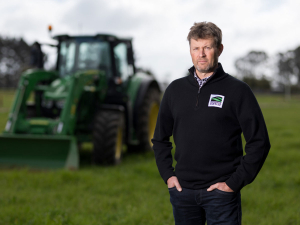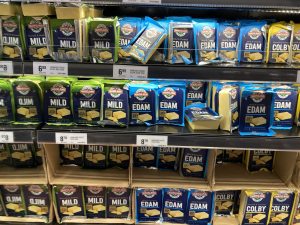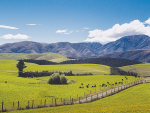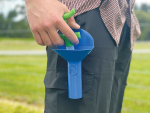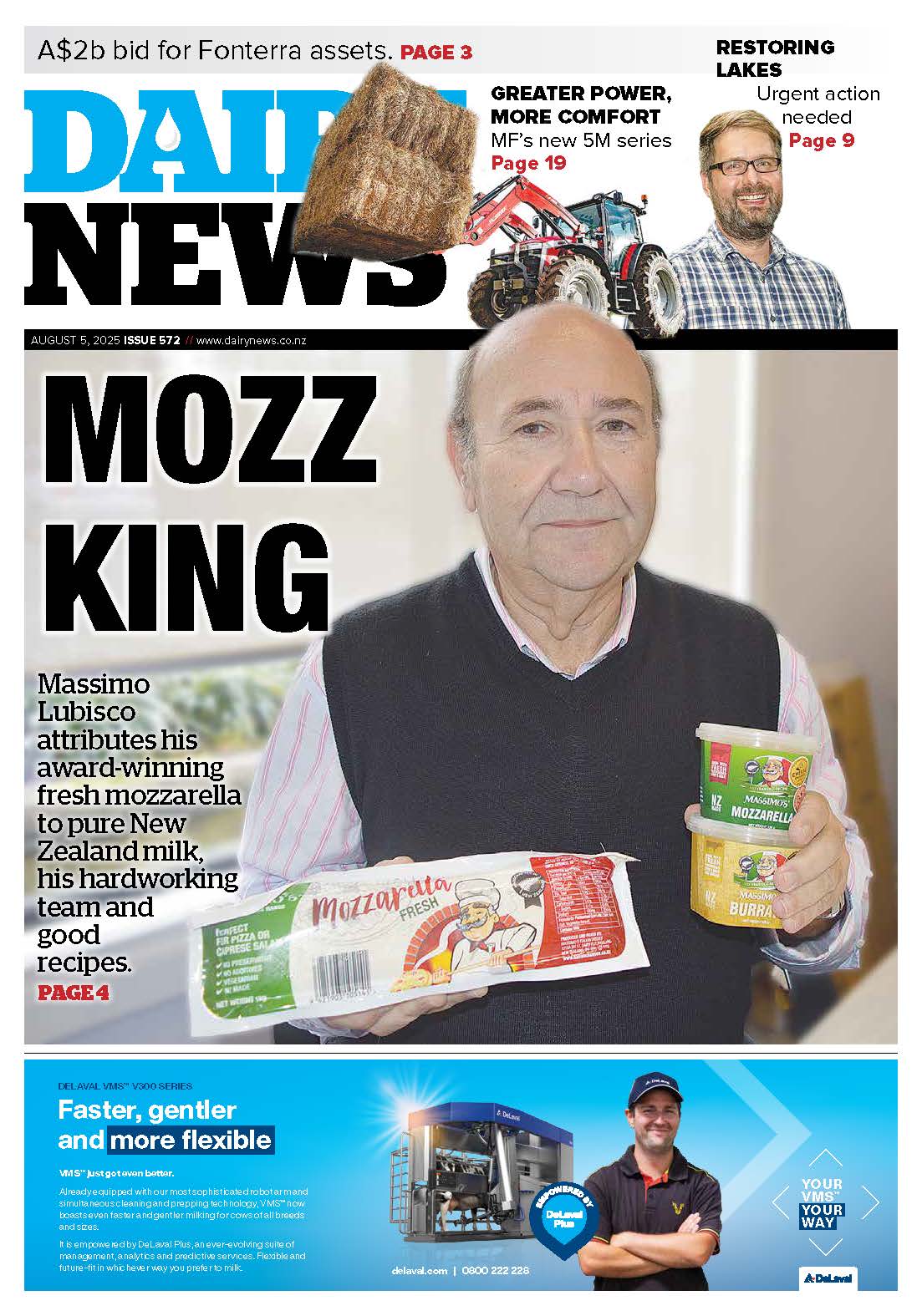He sold the farm at Opiki in 2000 and bought the present one at Koputaroa, just down the road from the dairy farm of Primary Industry Minister Nathan Guy. He later bought a second farm which grew the combined milking platform by 375ha. On the first and larger farm he runs 650 cows and on smaller one just 150 cows – all Friesians.
Moxham made the move to convert both farms to organics about seven years ago.
“Fonterra was promoting organics and offering a 20% premium. I thought that was a fair bit of money and as it turned out with the payout going up it was a lot of money. But that aside it was more about sustainability compared with the last farm I had at Opiki. There we seemed to be growing less and less grass and putting more and more fertiliser on and I didn’t want to do the same thing when I bought this farm. I wanted to try to change a few things.”
One issue he’d had in the past, like most other farmers, related to animal health so he decided to “try to do the biological thing”.
“It started paying dividends animal healthwise, then our grass started to look better. We grew more grass through the winter, such as clover, which stayed right through the winter compared with that of our neighbours. That’s when Fonterra came along and that was our opportunity to get some financial benefit out of what we were doing.”
The first decision was to drop about 80 cows and to stop applying fertiliser. Fonterra helped by paying a 7% premium to convert to organics and that was a big help. But converting to an organic system was not easy with a lot of extra paperwork and of course an annual audit. Like all organic farmers Moxham has to be ‘self-contained’: he has to produce his own hay or any other supplements – there is no buying conventional hay.
“But a lot of farmers don’t realise how little you have to drop to be self-contained. They are spending huge amounts of money on grazing outside, buying in supplements such as PKE and maize silage… and really they are getting nowhere. I have changed because I was a conventional farmer. I used to do all these things. I used to belong to discussion groups and everywhere you go with the conventional farmer, the first question you get asked is ‘how much milksolids do you do?’ That doesn’t even enter my mind anymore; it’s what’s on the bottom line that I farm to now, and it’s a huge difference.”
It makes him realise what’s economic and what’s not. Farmers have traditionally focused on production rather than profit, he says. “That’s how the banks used to look at it, but they have totally changed now. They want to know what your monthly balance is going to be.”
The switch to organics has caused his farm costs to drop markedly, whereas conventional farmers spend huge money on fertiliser. “It’s just a poison, there’s no doubt about it,” he says. “We operate under the Probitas system which is more about balancing the minerals in the soil, especially the calcium and magnesium levels. When you do that you don’t have any more troubles.”








